The remains of nearly 800 babies and children are expected to be recovered from a septic tank known as “the pit” at a home run by Catholic nuns in Ireland.
The forensic excavation at Bon Secours Mother and Baby Home in Tuam, Galway, has been long awaited after a local historian uncovered the deaths of 798 children.
Bon Secours, which housed unmarried mothers and their children, was shut down in 1961 and demolished in 1971.
The excavation is expected to last up to two years and remains will be DNA tested
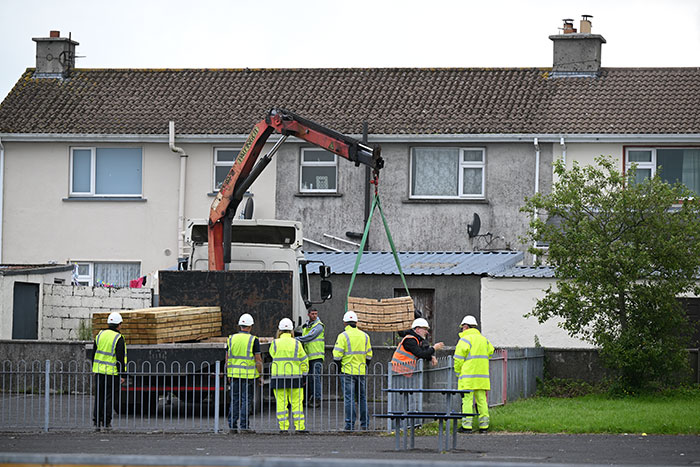
Historian Catherine Corless said 796 of the children who lost their life at the home are believed to have been buried in “the pit” under the site.
Only two of the children who passed away there are buried in a local cemetery.
Corless, who tirelessly campaigned after releasing her stunning findings in 2014, has welcomed the excavation and said the situation was “too horrific” for her to walk away from.
“It’s great for all the families of the babies and relatives in that sewage system because it was horrific,” she told The Irish Times.
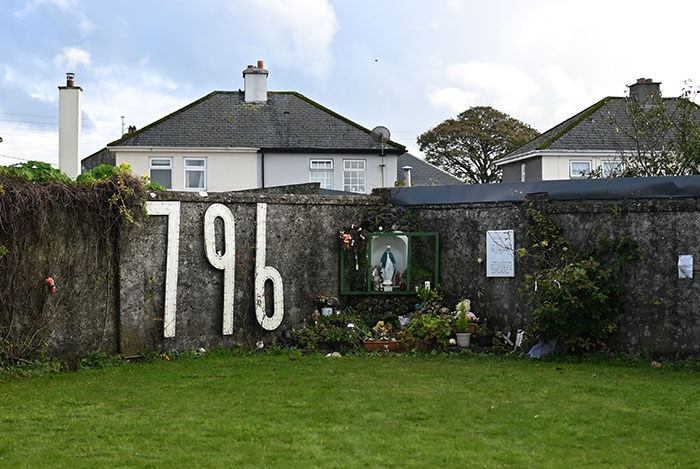
“A lot of businesses and a lot of people in authority, they really and truly wanted to keep this quiet and just put up a monument, not to let on that there’s so many [buried there]. They were minimizing it the whole time,” she said.
“I was told more often than not that I was giving Tuam a bad name and giving the church a bad name. Their take on it was just: leave it, this was the past and leave it there.”
But Colness said it was impossible to walk away from what she had uncovered because it was so horrific, and the children deserved justice.
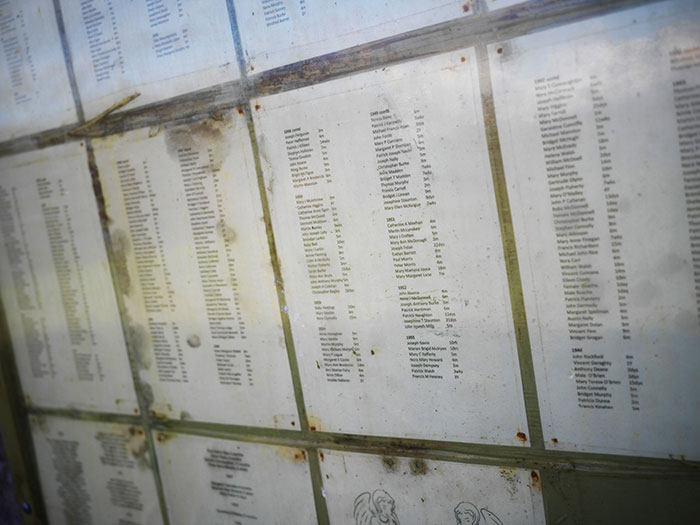
In 2017, a test excavation found what is understood to be a decommissioned sewage chamber and a significant amount of human remains.
There were countless delays, but Colness pushed on, and now the site is finally being excavated.
The work is expected to last up to two years, and DNA testing will be used to try to identify the remains.
“All those lovely little children and babies, that’s the one thing that drove me. That’s all that was in my mind, these babies are in a sewage system, they have to come out,” Colness added.
Campaigners have welcomed the news and hope it will bring closure to the families
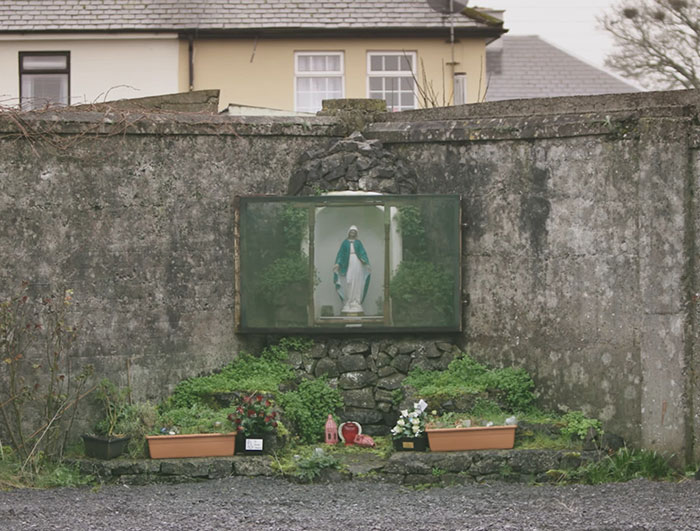
Women were sent to Bon Secours if they became pregnant outside of marriage, and they were required to live there to take part in unpaid labor.
After giving birth, they were separated from their children – who were often put up for adoption without their consent and raised by the nuns.
Family members of those believed to be buried in the tank hope the excavation will bring them closure, and a dignified burial for their loved ones.
Annette McKay, whose sister is believed to have been buried at the home, hopes she will be able to give her a dignified burial to honor her memory.
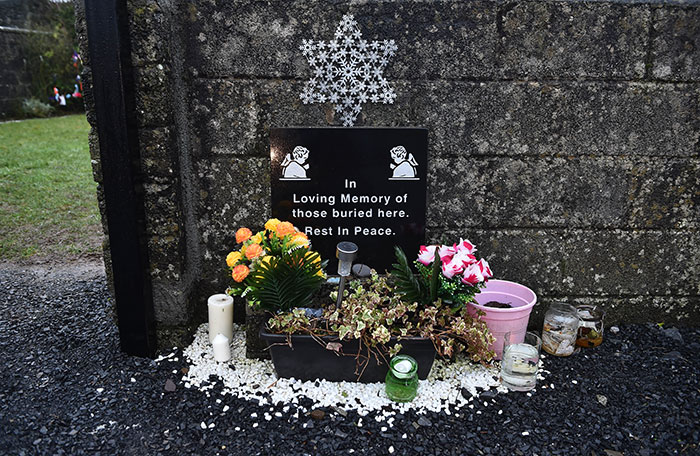
“I don’t care if it’s a thimbleful, as they tell me there wouldn’t be much remains left; at six months old, it’s mainly cartilage more than bone,” she told Sky News.
“I don’t care if it’s a thimbleful for me to be able to pop Mary Margaret with Maggie [her mother]. That’s fitting.”
McKay told of how her mother Margaret “Maggie” O’Connor was sent to Bon Secours after being s*xually assaulted at 17.
She gave birth to a little girl called Mary Margaret, who sadly lost her life six months later, and was informed of her passing when “a nun came up behind her and said, ‘The child of your sin is d*ad.’”
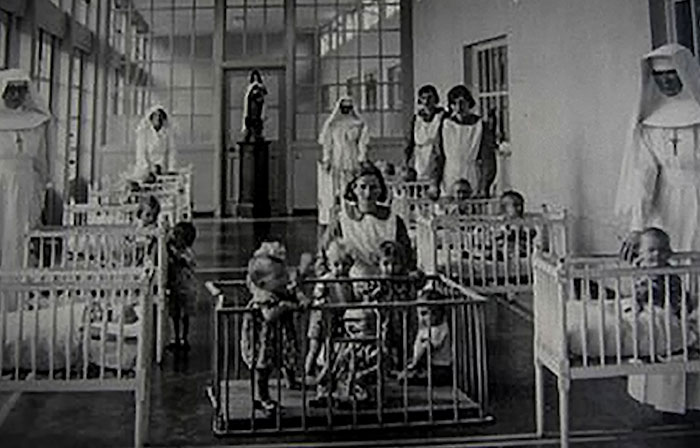
“We locked up victims of r*pe, we locked up victims of incest, we locked up victims of violence, we put them in laundries, we took their children, and we just handed them over to the Church to do what they wanted,” McKay said.
“My mother worked heavily pregnant, cleaning floors, and a nun passing kicked my mother in the stomach. And when that place is opened, their dirty, ugly secret, it isn’t a secret anymore.
“It’s out there. And we need to know from that dirty, ugly place what happened there. So first and foremost, we want answers to that place.”
The Sisters of Bon Secours has issued an apology for how the home was run
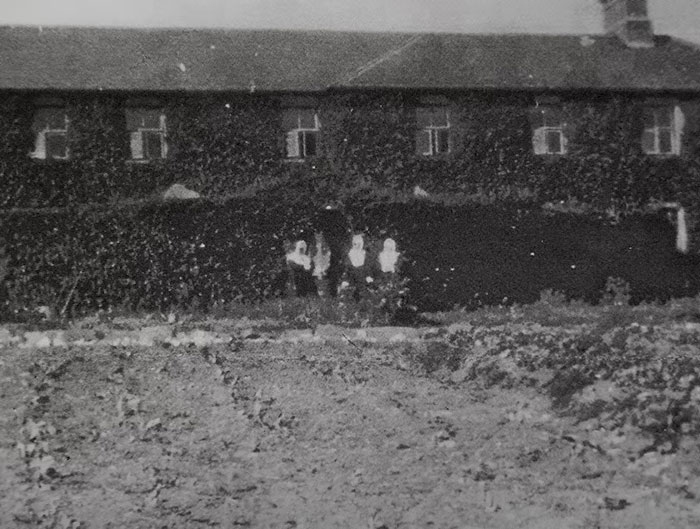
In 2021, a five-year-long inquiry found that 9,000 children had lost their lives at 18 institutions for unmarried mothers and their babies between 1922 and 1998 in Ireland.
The Sisters of Bon Secours, which ran the Tuam home, issued an apology after the publication of their role in the tragedy.
They acknowledged that they had “failed to respect” the dignity of women and children at the home and that they had failed to offer them compassion.
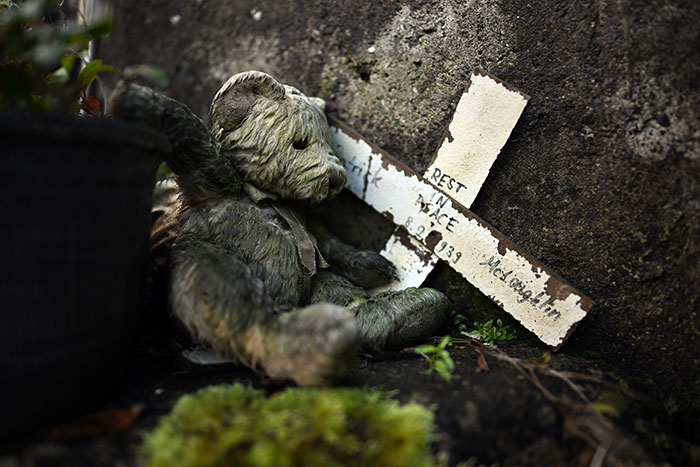
“We were part of the system in which they suffered hardship, loneliness, and terrible hurt,” the statement read.
“We acknowledge in particular that infants and children who d*ed at the Home were buried in a disrespectful and unacceptable way.
“For all that, we are deeply sorry. We offer our profound apologies to all the women and children of St Mary’s Mother and Baby Home, to their families, and to the people of this country.”
Social media users reacted to the disturbing case online





















